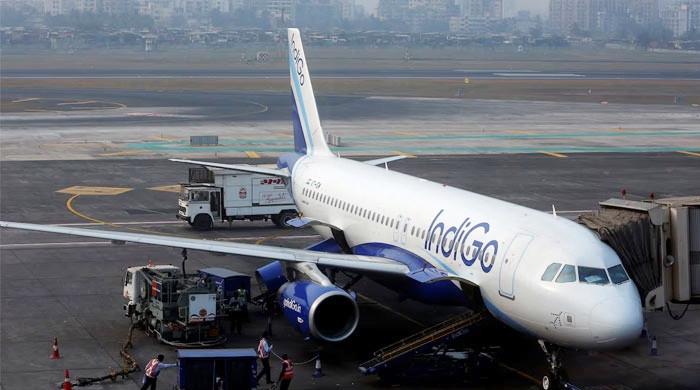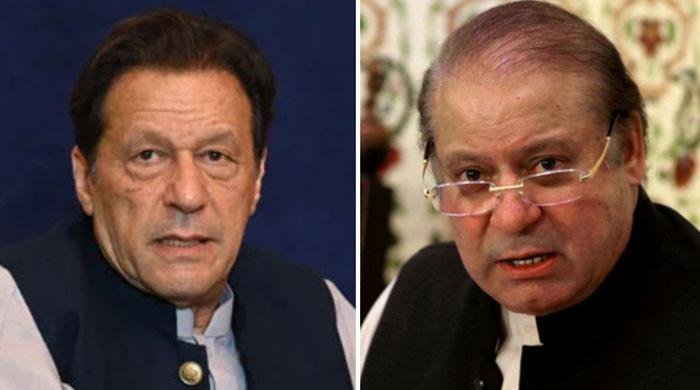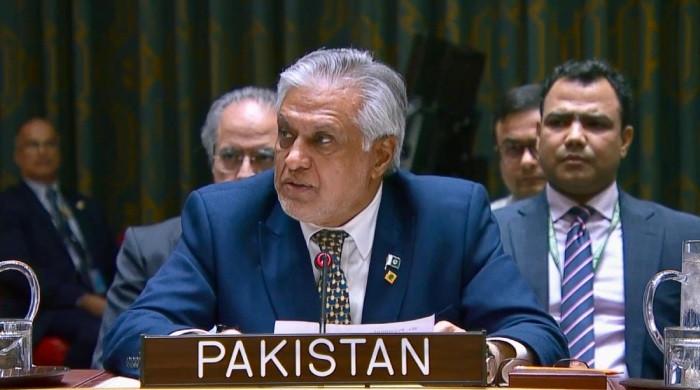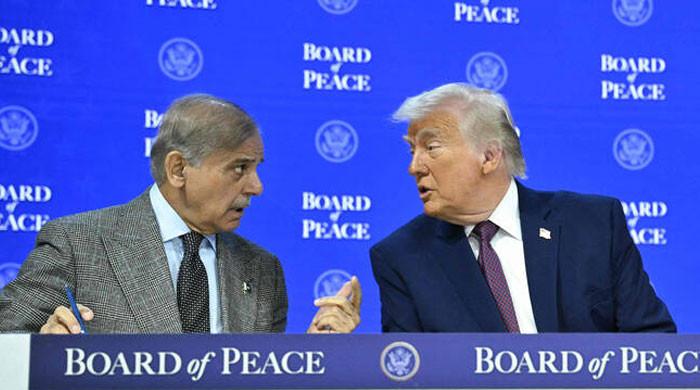EU accepts Pakistani rice exporters' plea on why India shouldn't get exclusive rights to export basmati
Pakistani rice exporters had challenged Indian claim of geographical indication over basmati in the European Union
March 09, 2021
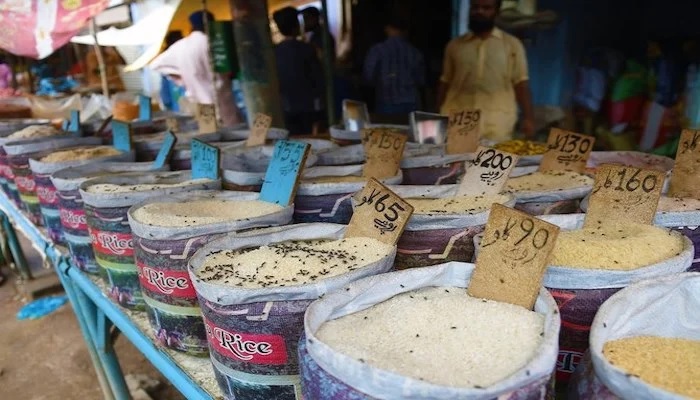
- Pakistan has been challenging India’s bid to obtain exclusive rights of exporting basmati rice.
- Pakistan only recently registered basmati rice as GI under Geographical Indications Act 2020.
- Officials in the industry said the European Commission declared the notice of opposition and the statement of Pakistani exporters admissible.
KARACHI: Pakistani rice exporters say their reasons for why India should not be given exclusive rights to export basmati rice have been accepted by the European Union.
Officials in the industry said the European Commission declared the notice of opposition and the statement of Pakistani exporters admissible.
Pakistani exporters had filed a "detailed response” to the European Union in a Notice of Opposition against the Indian claim over the geographical indicator (GI) tag of basmati rice in the bloc.
Last year, India had asked the EU to recognise the fragrant, long-grain staple as originating in seven Indian states and territories, which would give its producers exclusive rights to the basmati label in the lucrative European market.
Read more: Pakistani rice exporters challenge Indian claim over basmati in EU
Pakistan rejected India’s claim, arguing that its farmers also grow basmati rice.
“Rice Exporters Association of Pakistan [REAP] has filed a Notice of Opposition on (December 7) against India’s claim on GI of basmati in the EU,” the association had said.
“REAP has taken this step on behalf of rice exporters and farmers of Pakistan who are at the risk of losing a billion-dollars’ worth of income,” the statement read.
Since 2006, the EU has applied zero tariffs on rice imported into the bloc that has been authenticated by either Pakistani or Indian authorities as genuine Basmati.
Pakistan has a thriving export industry of basmati, making the country one of the top five exporters of rice in the world.
REAP said it has previously been involved in developing and revising the UK Code of Practice and arranging trade delegations abroad to foster the export of basmati from Pakistan.
“India had sought the protection of its basmati as a GI product in the EU in a mala fide attempt to deter Pakistan’s growing export and appreciation of basmati.”
The European Commission made Reap a party to the case. “Now, Reap can advocate for the protection of Pakistan’s GI rights over basmati directly,” Reap said in a statement.
Read more: Significant growth in home textiles, pharmaceuticals & other exports: Abdul Razak Dawood
India is the world’s biggest basmati exporter and meets 65% of the global demand for the aromatic rice. Pakistan meets the remaining requirement and earns $800 million to $1 billion annually from its exports.
A GI tag is a sign used on products that have a specific geographical origin and possess origin-based qualities and reputation in the region.
“With the admissibility of Reap as a party, the case of Pakistan in EU has reached its third stage where all the contesting parties will engage in consultations with each other,” Reap said. “The time period for the parties to engage in negotiations is three months. The negotiations will last, tentatively, till May 6. This is a pre-trial phase, whereby, parties are encouraged to reach an amicable solution.”
In case no settlement is reached, the fourth stage of trial will commence in the tribunal of Directorate General Agriculture, European Commission, according to the Reap. Pakistan only recently registered basmati rice as GI under Geographical Indications Act 2020.




